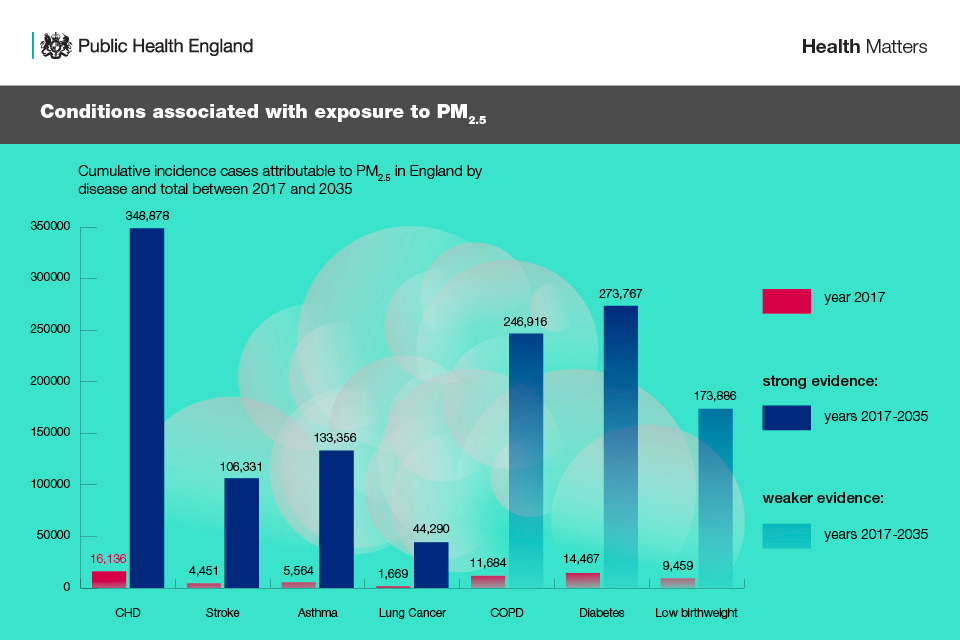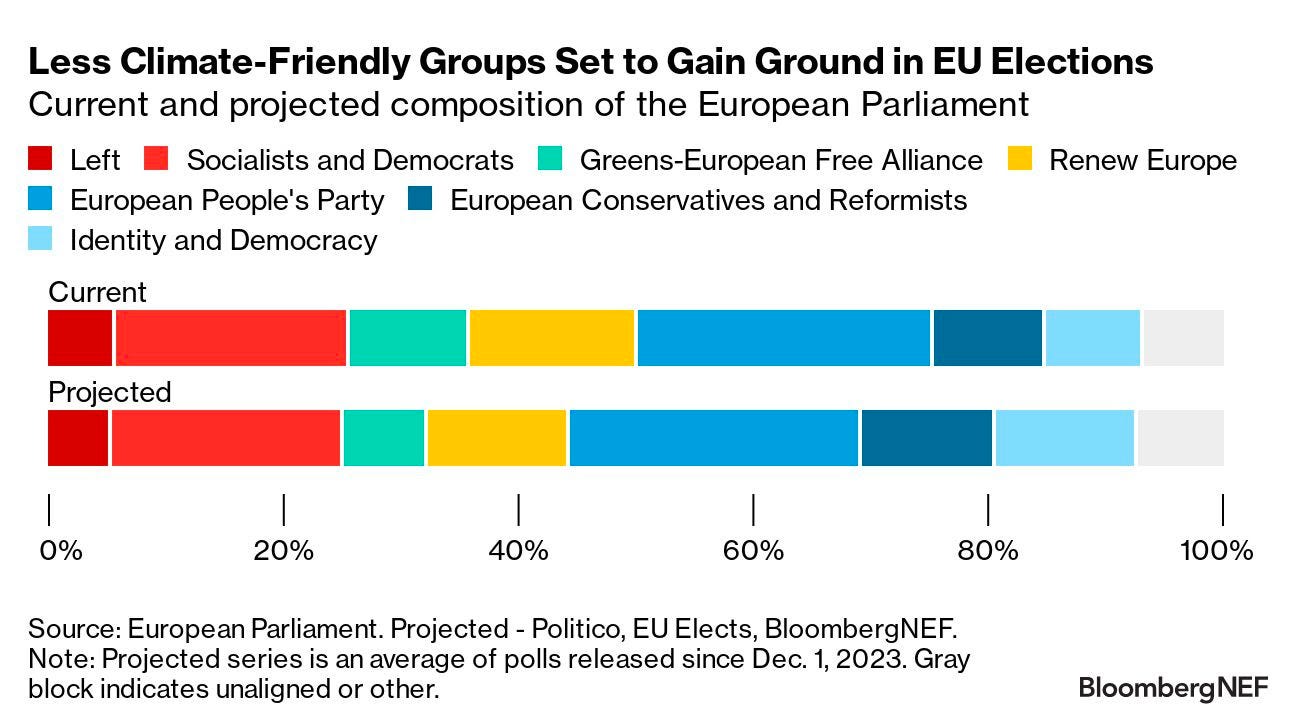Our Consumer Health work has led us to re-visit the determinants behind health outcomes.
The current health system defines health through the lens of treatment. This is not working because it is tackling the symptom not the cause of health inequality. Our Consumer Health investment thesis focuses on flipping this approach and applying technology to improve both the quality and accessibility of the determinants of health.
We are not alone in seeing this as a huge opportunity. For example, Andy Weissman from USV wrote this brilliant post last week about their ‘Healthcare at the Edge’ framework.
Read on to get a flavour of what we’ve been working through!
Reframing health from treatment to prevention 🗞️
Our health is determined by three factors: (1) social determinants, (2) health behaviors, and (3) health care.
Interestingly, 80% of our health is determined by social determinants and behaviours (i.e. not what happens in a hospital).
Our Consumer Health thesis therefore starts right at the determinants of health. These include financial security, our physical environment, and local communities which all lay the foundations for our wellbeing. Today, our healthcare system focusses on treating health once we are ill, rather than keeping us well throughout our lives. At Eka, we are investing earlier in the health cycle to maximise health outcomes and minimise cost to care as a result.
This week, we’re looking at three social determinants in more detail.
Financial Security
Financial well-being is a person’s ability to handle expenses, navigate financial setbacks, and accumulate wealth. It plays a fundamental role in daily life, such as access to food and covering housing costs. Higher financial worries are associated with levels of psychological distress. The association is more pronounced among the unemployed, lower-income households, and renters (Ryu and Fan, 2023). The opposite is also true: those with chronic health conditions can have lower financial security as a result. In the UK, the number of people who are economically inactive has risen to 2.5m people because of long-term illness. In Fund 1, we backed Urban Jungle which is an accessible home-insurance.
Physical Environment
Individuals’ health is linked to their physical environment (World Health Organisation, 2020; Hobbs et al., 2021). For example, road-traffic, air pollution, and green spaces correlate with health outcomes (Klompmaker et al, 2019). Poor health is almost twice as high in the most urbanised areas (6%) compared to non-urbanised areas (3%). Surrounding green spaces was inversely associated with poor health, while air pollution was positively associated with poor health. In Fund 1, we backed Hived which is the first emission-free delivery network at scale. EVs also lead to reduced particulate matter and NOx which affect human health.
Community
Those with strong social connections live longer, with higher quality of life measures. Robert Waldinger’s TED is a famous example of the importance of human relationships on quality of life scores. Holt-Lunstad et al (2010) compared 148 studies looking at social relationships and mortality, and found a 50% increased likelihood of survival for those with deep relationships. The strongest association was around social integration. In Fund 1, we backed Paired which is building deeper intimacy between couples and improving relationship health.
Week in Impact Articles ✍🏽
Monday: Microgrids and the clean energy transition
Tuesday: Rebuilding a voluntary carbon market with elevated standards
Wednesday: Artificial intelligence (AI)- derived software to help clinical decision making in stroke
Thursday: US Tech Giants Have Scuttled Over $70B In M&A Deals Following EU, UK Pushback
Friday: Research begins where hype ends
3 Key Charts 📊
1. Pitting accident against energy sources: coal stands out (negatively)
2. Greens projected for success in the EU elections
3. Bessemer Venture Partners: State of Health Tech with Sofia Guerra
Getting in Touch 👋.
If you’re looking for funding, you can get in touch here.
Don’t be shy, get in touch on LinkedIn or on our Website 🎉.
We are open to feedback: let us know what more you’d like to hear about 💪.








